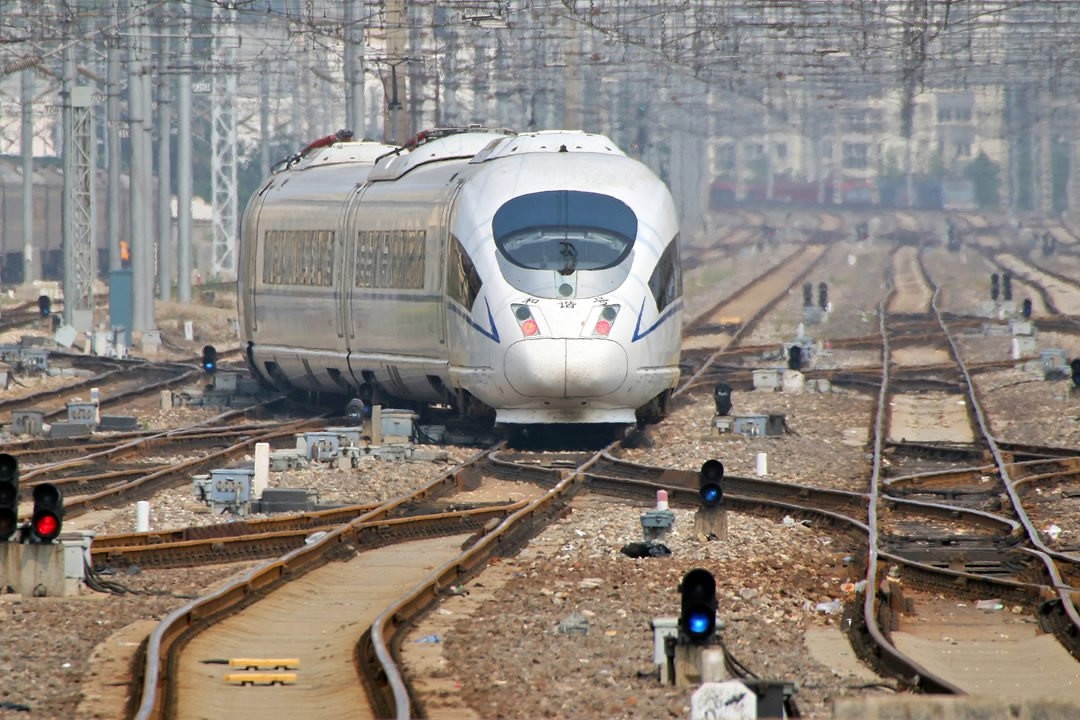
Business
18:43, 21-Nov-2017
China’s rail bureaus renamed in corporate reform
CGTN

The 18 regional railway bureaus of China Railway (CR) finalized name changes on Sunday and registered as limited companies, as the latest step in the state-owned enterprise’s structural reform to further optimize its resources, turn a bigger profit, and reduce debt.
With the name changed, for example, Beijing Railway Bureau became China Railway Beijing Group Co., Ltd., so did the other 17 subsidiaries of CR, according to a statement released on the enterprise’s official website.
The reform is more than just a name change, but a deep-rooted change to establish a modern enterprise system with well-structured corporate governance as well as flexible and efficient market-oriented management, said Li Jin, a researcher from Renmin University.
Corporate reform
After restructure, CR will act as sole investor in the limited companies, and exercise the corresponding responsibilities, without setting up a board of shareholders, according to the statement.
The new companies will establish committees of the CPC that will play a leadership role, and boards of directors that will make decisions, and the management teams running the companies, and boards of supervisors overseeing operations, the statement said.

VCG Photo
VCG Photo
The enterprise also submitted its own reform proposal to Chinese Ministry of Finance, and its administrative organs were streamlined and staff members were reduced, and its non-transport divisions are expected to complete the reform this year, according to the statement.
Reasons behind reform
In 2013, CR was established from the former Chinese Ministry of Railways, with registered capital of 1.03 trillion yuan (155.4 billion US dollars), to separate government from corporate functions. The ministry was estimated to be 2.6 trillion yuan in debt.
In the first quarter of 2017, CR suffered net loss of 5.8 billion yuan, which substantially decreased 33.3% year-on-year. The long-term loss put the enterprise under pressure, and forced it to go through corporate reform, and achieve diversified operations with existing resources.
Besides name changes, most subsidiaries also expanded their business scope, covering logistics, finance, tourism, catering, advertising, real estate development, farming and livestock products, and sales of tobacco products.
In real estate sector, the area of CR’s land available for development in the 18 subsidiaries across 31 provinces, municipalities and autonomous regions reaches 300 million square meters. The land did not play its due value, and its comprehensive utilization is encouraged by the government.

SITEMAP
Copyright © 2018 CGTN. Beijing ICP prepared NO.16065310-3
Copyright © 2018 CGTN. Beijing ICP prepared NO.16065310-3